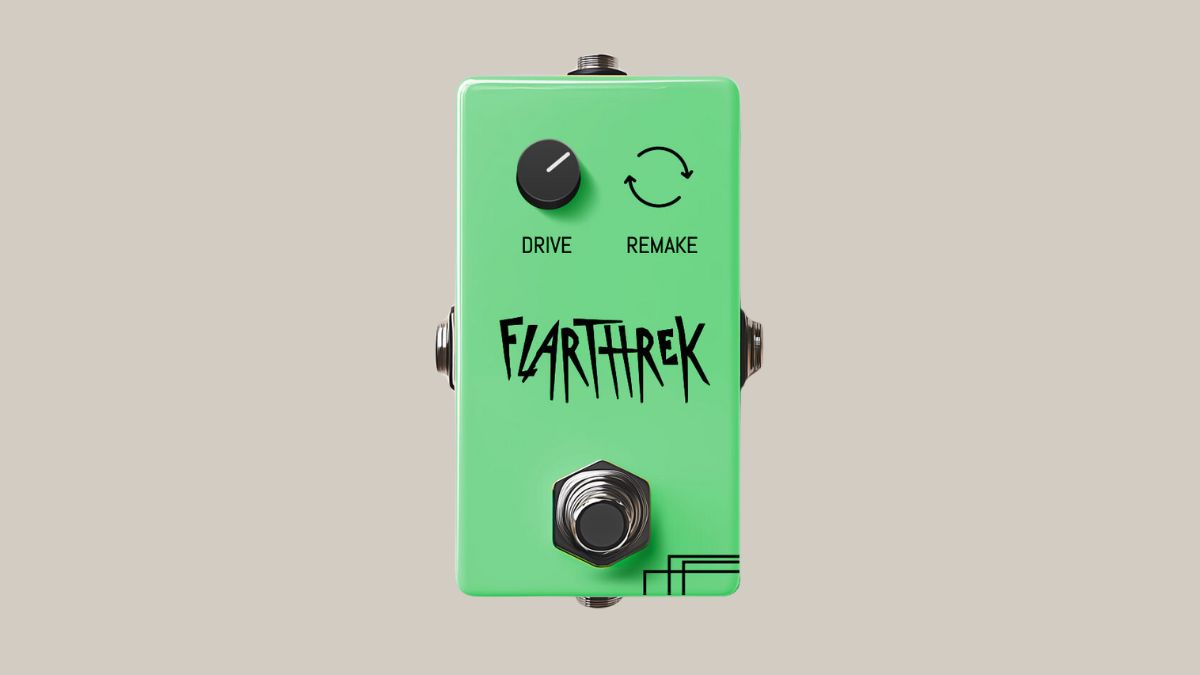
A new frontier of gear building may have just opened up following the launch of the rePEDAL, a free-to-download AI pedal plugin maker.
Labeled as “an experimental machine learning project” by virtual instrument builder Sampleson, it generates a randomized overdrive pedal at the click of a button.
“It works,” Sampleson says, “by randomizing the structure of the neural network, creating a new model with each iteration.”
The virtual pedal features one control dial for the Drive level, though its name, housing color, and – importantly – its tonal character changes when players hit the ‘Remake’ button.
Away from the pedal itself, the plugin features a noise gate, a Threshold dial, post-gain level control, and the ability to save a pedal so it doesn’t get lost in the infiniteness of auto-generation.
Checking out the firm’s demo video, there looks to be a fair amount of variety in the lottery pick-pedals. The Dror, for example, offers a very thick and warm fuzz sound, while the Worx delivers a much thinner and crisper tone, akin to a ’60s-style OD.
Of course, the downside is that, whatever the randomly working AI tech throws up is a complete gamble. It could take two clicks to find a killer boost, or 20,000. Regardless, it’s a very intriguing use of a technology that is still proving highly divisive.
“This project explores the creative potential of neural networks in sound design, moving beyond replication of hardware," says Sampleson.
The rePEDAL is currently in its beta phase, with Sampleson welcoming feedback as it looks to further its design.
Head to Sampleson to download.
The relationship between AI and the music industry has been intensifying in recent years. Some have embraced the technology, with Paul McCartney notably using it to finish The Beatles' Now and Then out of old tape recordings.
Meanwhile, longtime Jimi Hendrix producer Eddie Kramer has also mooted the idea of using it to bring more Hendrix into the world, while Alex Van Halen wants to adopt a similar approach to turn unfinished Eddie Van Halen demos into full songs. He’s already approached OpenAI.
Then there’s the Spark 2’s AI-generated tones, and the numerous other ways in which artificial intelligence hopes to revolutionize a player’s relationship with their gear.
On the other hand, arguments about the impact it has on human creatives – from artists to musicians, videographers, and beyond – and its ability to create fake songs and deep fakes of famous artists have raised concerns.







